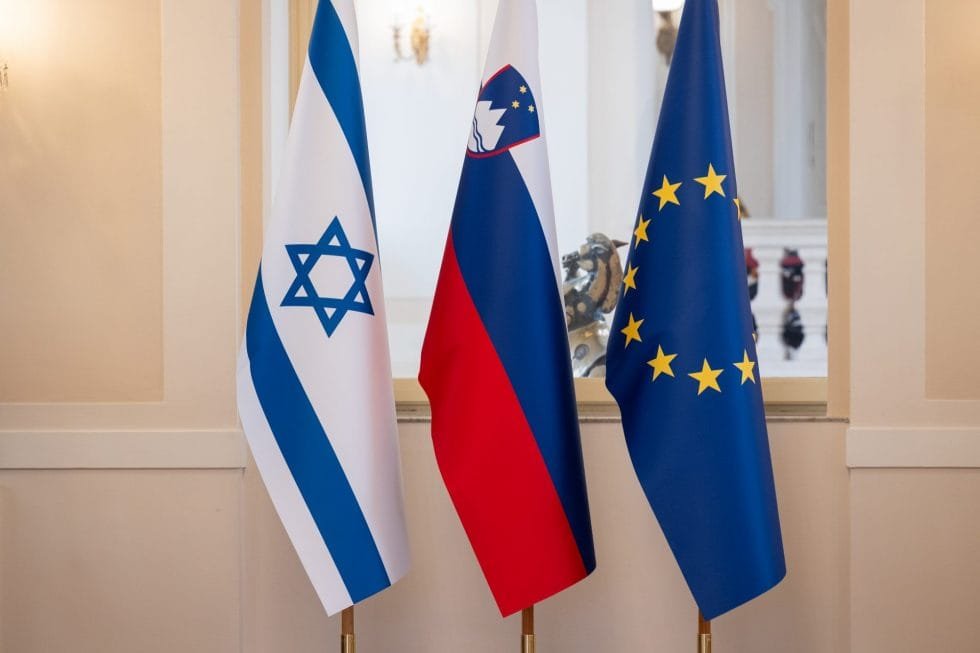Slovenia on August 6 became the first European Union country to ban imports of goods produced in Israeli settlements in the occupied Palestinian territories, citing repeated violations of international humanitarian law. The move follows an earlier decision by Ljubljana to suspend all arms trade with Israel, including imports, exports, and transit and to declare two far‑right Israeli ministers persona non grata.
Prime Minister Robert Golob and Foreign Minister Tanja Fajon framed the ban as both a moral imperative and a necessary diplomatic signal, asserting that Slovenia cannot “be part of a chain that enables or turns a blind eye to such practices,” such as illegal settlement expansion, forced evictions, and house demolitions. While acknowledging that the affected trade volume is minimal, officials stressed that the measure is meant as a symbolic yet principled move.
The government also tasked economic and foreign affairs ministries with evaluating a potential ban on Slovenia’s exports to the settlements. In conjunction, Ljubljana pledged approximately €879,000 worth of humanitarian aid, including food and blankets for Palestinians in Gaza, reinforcing its solidarity amid the ongoing crisis.
Slovenia has repeatedly called on the European Commission to align EU trade policy with international law, referencing a 2024 advisory opinion by the International Court of Justice deeming settlement activity illegal. Yet internal divisions within the bloc have hampered EU‑wide action. Ljubljana’s unilateral steps signal both growing frustration and a bold stance in favor of human rights and international norms.





